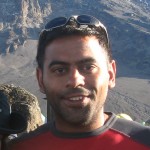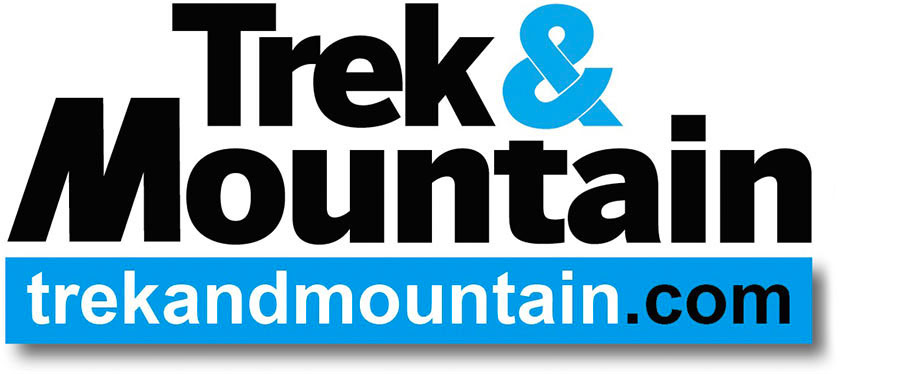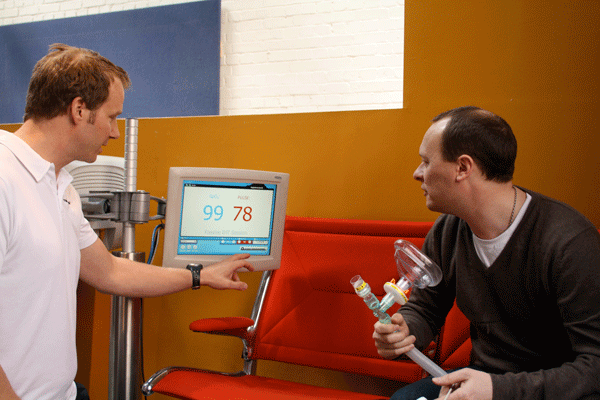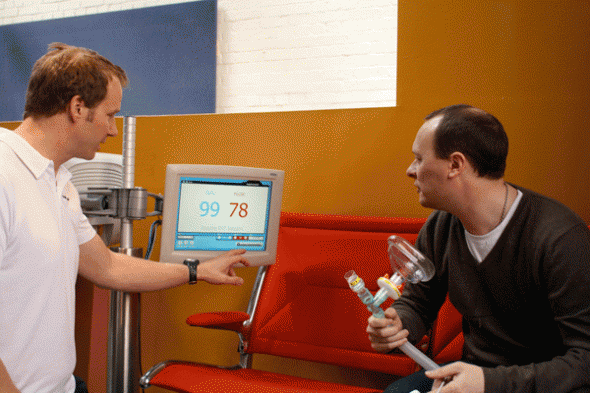Dr Raj Joshi kicks off our series on medical matters for trekkers and mountaineers with a look at some pre-trip basics…
Whether you’re heading to Kathmandu or Caerphilly, if you’re planning a trek of any length it’s vital you are medically fit and as prepared as you can be for any possible medical situations that may arise during your trip or expedition. In this new series, we’ll be looking at some of the basics that every intrepid adventurer should know in order to keep themselves safe and healthy while on their adventures.
Explorers all
More than ever before people have the ability to explore far-flung destinations that were once the preserve of famous pioneers. With the accessibility of modern transport, travellers can themselves become ‘explorers’ and visit remote regions to retrace steps from a bygone era. They will need to also deal with some of the risks and hardships encountered by the early adventurers, as these days it’s easy to visit places isolated from decent medical care. So, unless you have the luxury of your own personal doctor accompanying you on your trip, it’s wise to gain some basic medical knowledge before you go.
There is a saying in the medical profession that ‘common things are common’. This may state the obvious, but the meaning is essentially that if someone develops a medical illness, the likelihood is that this illness will be familiar and easily treatable rather than something rare and serious. Therefore, knowledge of some essentials can help you either solve the problem or make you realise when more specialised medical help is needed. I often see the basics performed poorly and this can cause a simple problem to escalate into something more serious. It’s also true – as the old adage says – that prevention is better than cure, and this is particularly relevant when dealing with medical care for travellers; a little foresight and preparation before one goes away can save much trouble and hassle later.
Visit your doctor
The first thing you need to consider before embarking on any trip is your own state of health. There may be trips that are particularly dangerous depending on your medical condition. If you have concerns, you should always seek medical advice to ascertain how your trip may affect your condition. For example, those that have a heart murmur may have no problems exercising at sea level. However, there are some specific heart murmurs which at altitude can significantly increase the risk of developing a severe form of altitude sickness such as High Altitude Pulmonary Oedema (fluid in the lungs).
It is also important to look at how well your condition is controlled. If it’s erratic then perhaps it will be prudent to wait before you start your trip. For example, someone suffering with depression may want to embark on an adventure of a lifetime with the belief that the experience of a journey will improve mood and wellbeing. All well and good, but the reality is that travel can take you outside your comfort zone to some unusual destinations and challenges, which is, of course, part of the beauty of travelling. If the depression is stable in the first place, then a special trip can certainly improve the mood of anyone and give a new positive perspective on life. However, if the depression is not under control this can have an adverse affect, further lowering the mood and possibly having a negative impact with possibly serious consequences.
Call your dentist
Teeth are a pivotal part of your pre-trip medical plan. Problems with teeth can be excruciating painful, difficult to solve and, more often than not, they will require some sort of procedure to correct. Some environments, such as cold or altitude, can further intensify problems. Breathing cold air can increase the sensitivity of teeth. At altitude the decrease in atmospheric pressure also causes gas to expand, so any underlying cavities will result in increased pain due to the pressure of expanding gas trapped in these cavities. Anyone developing such problems will not only be reluctant to eat and drink, which will weaken the body and morale, but considerable pain or developing infection can result in an abandoned trip. It’s recommended you have your teeth checked approximately three months before any expedition. This will normally allow enough time for dental work to be carried out should any significant problems be identified before your trip.
Be honest
If you are travelling on an organised trek through a company, you may be able to tap into specialised advice as quite a few companies have a doctor overseeing the medical side of the trip. It is incredibly important to be honest and thorough when you’re completing medical forms. Not revealing the whole truth could not only negate your travel insurance should you need medical assistance abroad, but it also means the company doctor won’t be able to advise on an omitted medical condition.
Keep fit
Although inspiring, travel can also be draining both physically and mentally with long waits at airports or even when climbing the highest mountain in Africa, for example. Those that are undertaking particular, demanding challenges such as climbing Mount Kilimanjaro tend to underestimate the physicality involved. The fitter you are, the more you are likely to achieve and the more you’re likely to get out of it, hence the greater the reward. As the saying goes, train hard, travel easy.
ABOUT THE AUTHOR
 Raj Joshi is a doctor, expedition leader, part-time army reservist and director of 360 Expeditions – find out more about their courses and expeditions at www.360-expeditions.com
Raj Joshi is a doctor, expedition leader, part-time army reservist and director of 360 Expeditions – find out more about their courses and expeditions at www.360-expeditions.com







